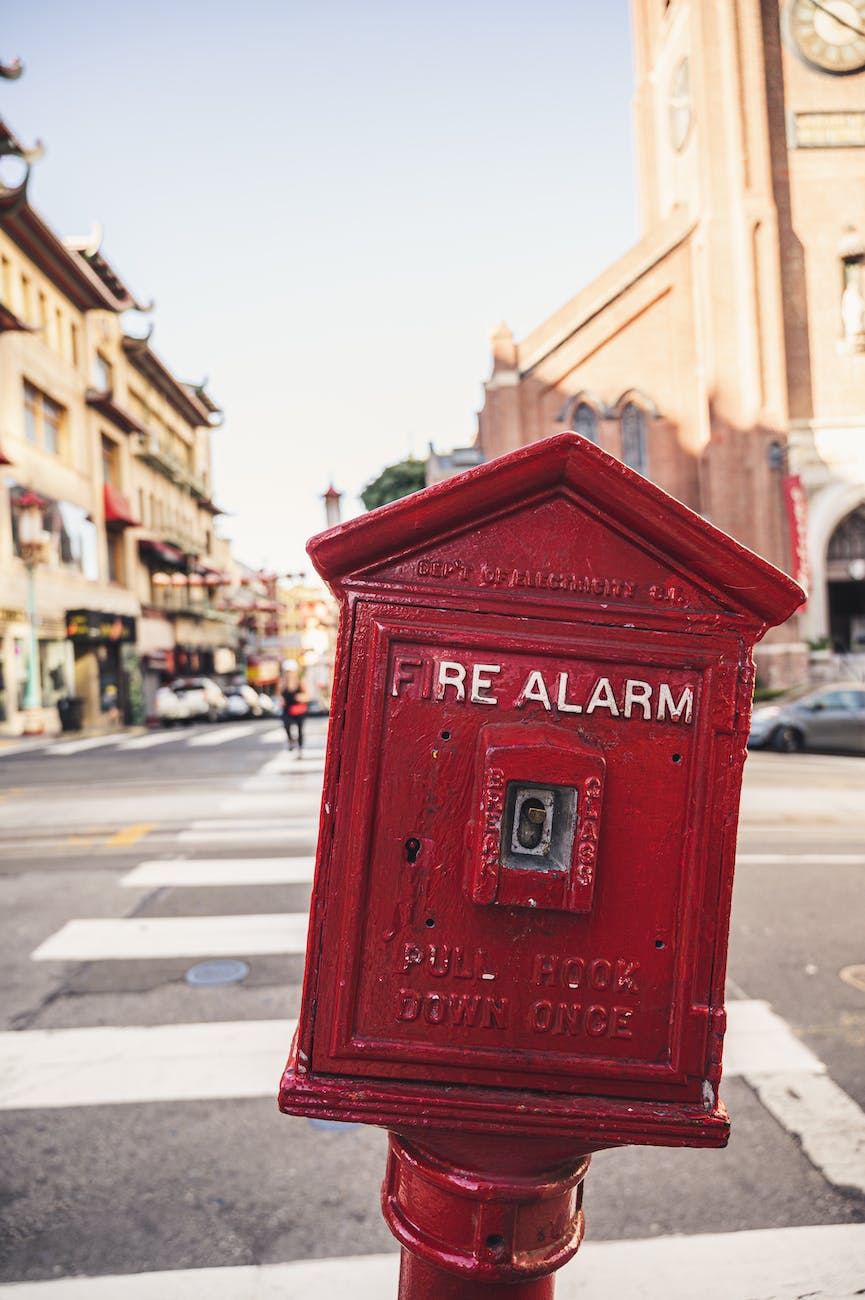
Fire Alarm Systems: Ensuring Safety in Every Setting
When it comes to safeguarding lives and property, one technology that has been at the forefront for decades is the fire alarm system. In this article, we’ll dive into the world of fire alarm systems, exploring their importance, components, types, installation, maintenance, and much more. So, let’s not waste any time and get right into it.
Introduction
Fire alarm systems are a critical part of any building’s safety infrastructure. Their primary function is to detect and alert occupants in the event of a fire, enabling timely evacuation and preventing potential disasters.
The Significance of Fire Alarm Systems
Fire alarm systems play a crucial role in minimizing the risk of fire-related fatalities and property damage. They provide early detection, giving people more time to react and evacuate, reducing injuries and casualties.
Components of a Fire Alarm System
A typical fire alarm system consists of several key components, including smoke detectors, heat sensors, control panels, notification devices (such as bells and strobes), and a power supply.
Types of Fire Alarm Systems
There are two main types of fire alarm systems: conventional and addressable. Conventional systems divide a building into zones, while addressable systems allow specific identification of each device’s location.
Choosing the Right Fire Alarm System
Selecting the appropriate fire alarm system depends on factors such as building size, occupancy type, and local regulations. Consulting with experts can help make an informed decision.
Installation Process
Proper installation is crucial for fire alarm systems to function effectively. It involves strategically placing detectors, sensors, and notification devices in optimal locations throughout the building.
Ensuring Effective Coverage
To ensure comprehensive coverage, fire alarm systems need to be strategically positioned in areas prone to fire risks, such as kitchens, boiler rooms, and hallways.
Regular Maintenance for Optimal Performance
Routine maintenance is essential to keep fire alarm systems in peak condition. Regular testing, inspection, and servicing prevent malfunctioning and ensure timely response during emergencies.
Addressable vs. Conventional Systems
Addressable systems offer more detailed information about the exact location of an alarm, making them preferable for larger buildings. Conventional systems are simpler and cost-effective for smaller spaces.
Evolving Technologies in Fire Alarm Systems
Advancements in technology have led to smarter fire alarm systems, including wireless connectivity, remote monitoring, and integration with smartphones for real-time alerts.
Integrating Fire Alarms with Building Management Systems
Integrating fire alarms with building management systems enhances overall safety. This integration allows for centralized control, automated responses, and better coordination with other safety measures.
Common False Alarms and How to Prevent Them
False alarms can disrupt daily operations and lead to complacency. Regular maintenance, proper device placement, and user education are key to reducing false alarms.
Emergency Response and Evacuation Plans
Having a well-defined emergency response and evacuation plan is essential. Occupants should know evacuation routes, assembly points, and how to use fire-fighting equipment if necessary.
Legal Requirements and Compliance
Fire alarm systems must adhere to local fire codes and regulations. Non-compliance can result in fines or legal consequences, underscoring the importance of regular system checks.
Conclusion
In conclusion, fire alarm systems are a vital aspect of ensuring safety in various settings. They provide early detection, rapid alerts, and facilitate timely evacuation, ultimately minimizing the impact of fire-related incidents.
Frequently Asked Questions (FAQs)
Q1: How often should fire alarm systems be tested? A: Fire alarm systems should be tested at least once a month and undergo a comprehensive inspection annually.
Q2: Can I install a fire alarm system myself? A: It’s highly recommended to have a professional install and maintain your fire alarm system to ensure its proper functioning.
Q3: Do fire alarm systems only detect fires? A: Modern fire alarm systems can detect various hazards, including smoke, heat, and even gas leaks, depending on the type of detectors installed.
Q4: Are wireless fire alarm systems reliable? A: Wireless fire alarm systems have become more reliable due to advancements in technology, but it’s important to choose a reputable brand and ensure proper installation.
Q5: What should I do if a fire alarm goes off accidentally? A: If you’re certain it’s a false alarm, silence the alarm if possible. If unsure, treat every alarm seriously and follow your evacuation plan.
























